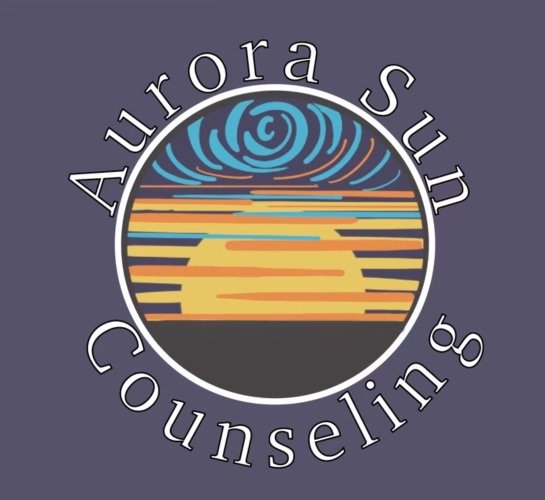The Vulnerable Child Within:
Understanding and Healing Your Wounded Inner Child
sometimes we were wounded so long ago, we can’t remember how we got here.
note from the editor: This is Fern Reinbeck, LPC's third blog post; you may find her others on our website. Fern currently has a waitlist for clients but so if you think she may be able to help you and you would like to be added to her waitlist, please use the Contact Us button on our website! -Alisha, Practice ManagerFirst of all, what is an “Inner Child”?
An inner child is the younger version of yourself that lives within you. This inner aspect embodies the emotions, memories, and experiences from your childhood. Often, the inner child holds both the joyful and the painful memories (as part of your schema) that shape your worldview, as well as how you perceive and interact with the world as an adult.
Knowing When Your Inner Child is Present- Triggers and Cues
Your inner child often surfaces when triggered by internal and/or external cues. For example, if you were not validated when you were sad as a child and instead were told to "just get over it," your inner child might resurface in moments when you feel unacknowledged or dismissed. Similarly, if you were excited about an art project and sought approval from a primary caregiver only to receive a critical response, this might trigger feelings of inadequacy or rejection in your current interactions.
The Impact of the Inner Child on Adult Relationships
In current relationships, your inner child can present when an event triggers past feelings of being invalidated, unheard, or rejected. Without developing awareness, “adult you” may respond based on these unresolved needs from childhood. This can lead to actions and reactions that are more reflective of the unhealed wounds or trauma of your younger self, rather than the mature perspective of you as an adult. This is precisely where conflict can arise.
How can I work on reparenting my inner child?
Acknowledge Your Inner Child
Begin by recognizing and acknowledging the presence of your inner child. Accept that this part of yourself is real and valid. Be aware of the moments when you feel uncomfortable or upset, and identify the feelings by noticing any memories that resurface.
Honor and Validate Your Emotions and Your Feelings
Provide yourself with the validation that you might not have experienced as a child or teen. Acknowledge/recognize your feelings and let yourself feel them without judgment. Understand that it is okay to feel hurt, sad, or excited. Stay present and in the moment.
Practice Self-Love
Practice treating yourself with kindness and compassion, and be mindful of times where you struggle to do so. Communicate with yourself by sharing the same care and support you would give to a loved one. Allow yourself to accept that your inner child needs nurturing and support- without judgement.
Have a “Safe Space”
Define a mental and emotional space of safety in which your inner child/teen can be free to express themselves. You may choose to explore your passions or simply spend time in a place that brings you peace and serenity.
Set Healthy Boundaries and Limits
Learn to set limits that protect your emotional health and help you feel safe. This might look like being able to say “no” when needed, removing yourself from unhealthy or toxic environments that bring childhood pain to the surface, or using language such as “I am unable to do that at this time”. It may be uncomfortable at first, but preserving your peace of mind is far more important.
Healthy Messages For Your Inner Child/Teen
Below are some healthy messages and gentle reminders as you learn to become a loving parent to your inner child/teen.
I love you and I have your back.
We will get through this together.
I know this is difficult for you and you are not alone.
I will always be here; this is a safe space.
Feel me next to you, you’ve got this!
I know this is scary- sometimes things are- but know you have me.
If none of these apply to you, create your own message- the one your inner child/teen wanted and/or needed to hear.
I’ve tried the suggestions above, but am still struggling. What now?
If you’re trying to install healthy, mindful habits but continue to struggle, it may be time to seek support from a professional. Finding a therapist that will help you learn to navigate this vulnerability is one option. A therapist that has an understanding of inner child work, whether by their own personal experience and/or through clinical education, can be a great source of comfort and safety as one begins to allow their wounded inner child to heal. Be specific about what your needs are and ask if the professional can provide this as part of treatment.
Finding your peace is the solution. Finding your solution will become your freedom. Freedom will bring you internal love. Always remember, you are enough.
Until the next time we meet, Fern.
Resources:



